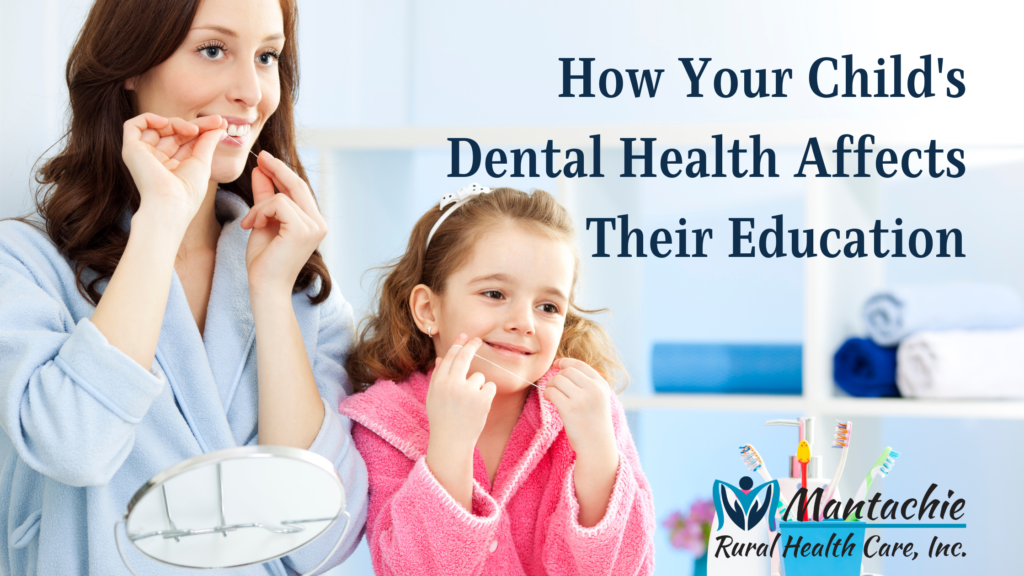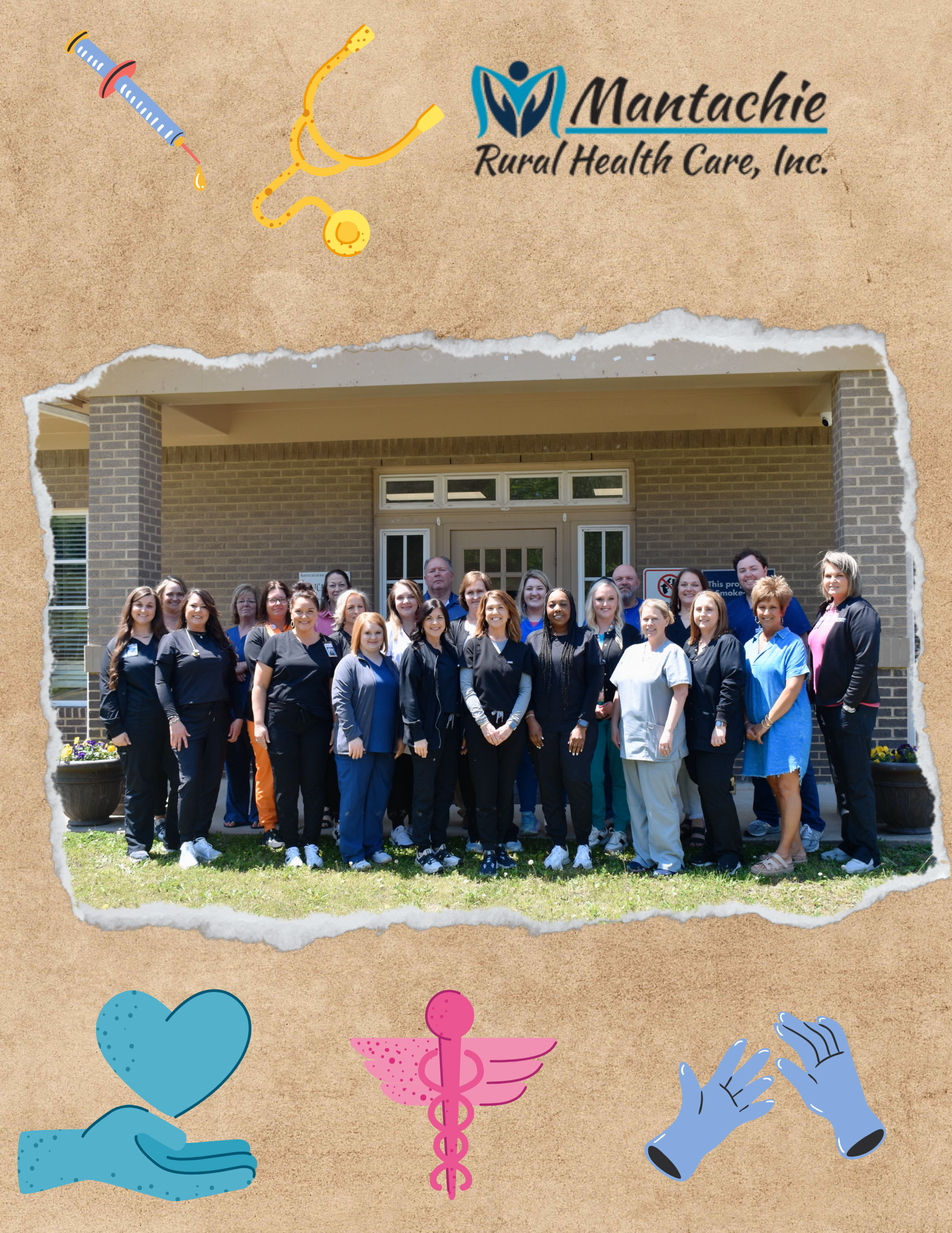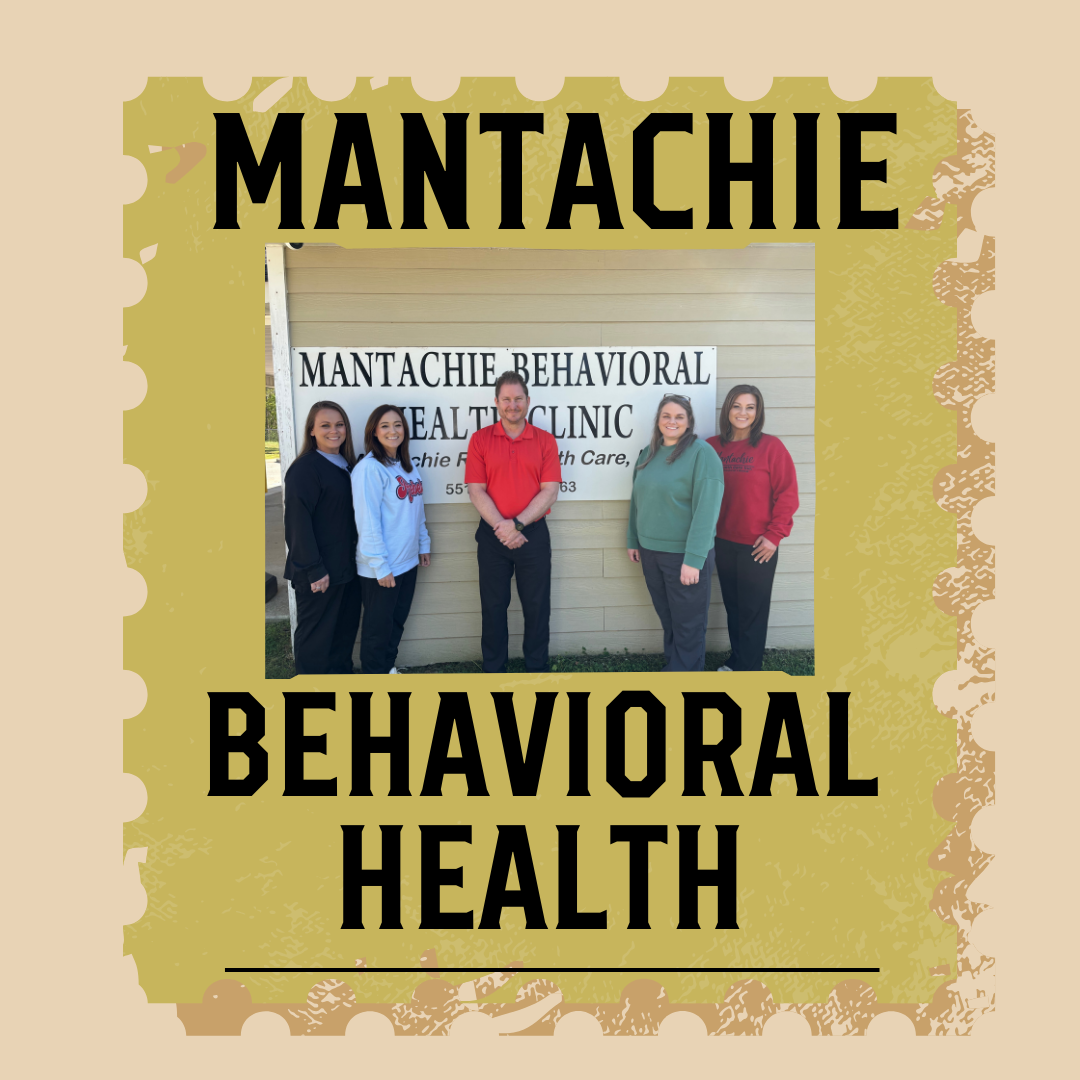
Your child’s education is the key to a successful future. By now, thanks to the pandemic, most of us have seen the effects missed school days can have on education. But long before covid-19 came along, another disease wreaked havoc on the education of many children, particularly those in lower-income families. This disease is chronic but also preventable. We’re talking about dental cavities and how your child’s dental health affects their education.
How Your Child’s Dental Health Affects Their Education
Cavities are one of the most common chronic diseases among children in the United States. According to the CDC, about 20 percent of children and 13 percent of adolescents aged five to eleven have at least one untreated cavity. Children ages five to nineteen in low-income families are twice as likely to have cavities compared to children from higher-income families. Another study from the American Journal of Public Health found that low-income children are three times more likely to miss school due to dental pain.
On average, children miss about 2.1 school days each year due to dental problems. Dental problems don’t just lead to missed school days. They lead to lower grade point averages, as well. Children with poor oral health are four times more likely to have lower grades than children with no dental issues.
What You Can Do to Help Your Children Have Good Dental Health
Thankfully, dental cavities are a chronic condition that can be treated and prevented with good oral health practices. Teach your children good dental habits by starting when they are still infants. Use a soft, clean cloth to wipe your baby’s gums after each feeding and in the morning time. When your infant cuts their first tooth, use a soft-bristled toothbrush to gently clean the tooth and gums. You should also schedule their first dental appointment around your baby’s first birthday.
Children should be taught to brush their teeth twice a day and floss daily. If your child is younger than age six, they still need monitoring and some help brushing their teeth. We recommend adding a kid-friendly mouthwash to their routine to help prevent cavities. Children over the age of two should use fluoridated toothpaste.
In addition to teaching and following good dental hygiene practices at home, your children should visit the dentist at least once a year for a professional cleaning and checkup. Your child’s dentist can apply dental sealants to the chewing surfaces of your child’s back teeth. Dental sealants have been found to prevent around 80 percent of cavities in children.
There is no better time than today to begin teaching your children healthy dental hygiene practices. Be the example by following these practices yourself and by scheduling yearly dental visits for everyone in the family. To schedule an appointment with our dental clinic, visit www.mantachieclinic.org/dental-care





Speak Your Mind